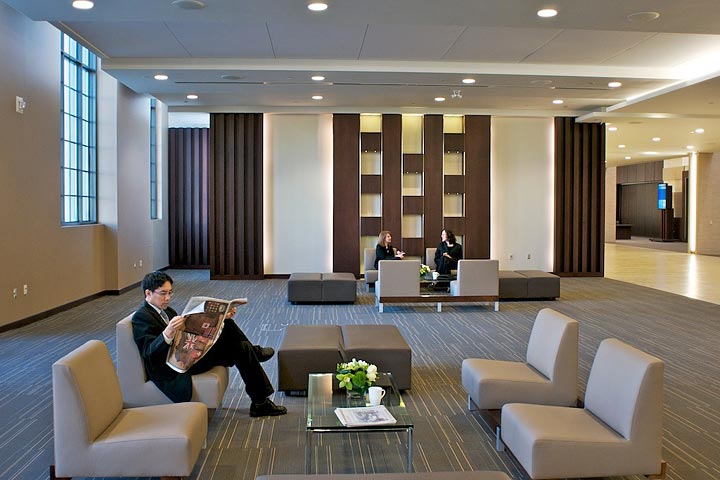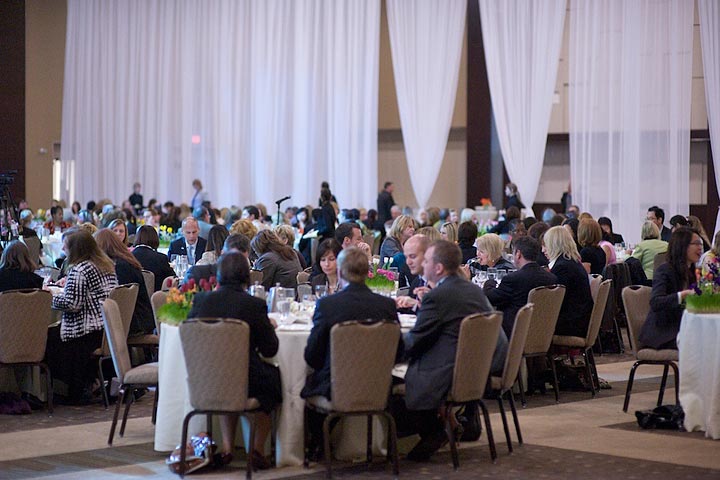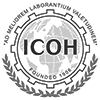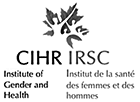About
The Institute for Work & Health is delighted to host PREMUS 2016, the 9th International Conference on the Prevention of Work-related Musculoskeletal Disorders. Welcome to PREMUS 2016 by Dr. Cameron Mustard, president of the Institute for Work & Health (shown at the closing session of PREMUS 2013) We look forward to welcoming you to Toronto in June 2016. Join more than 400 delegates from over 40 countries for four days of scientific exchange and debate. Every three years since 1992, PREMUS has gathered together scientists, students, practitioners in occupational health & safety, epidemiologists, ergonomists, industrial engineers, clinicians and policy-makers, with the goal of promoting multidisciplinary research and the translation of that research into applicable use. Following a successful 8th conference at Busan, Korea, we will offer an exciting and provocative program of keynote presentations and symposium sessions. The Institute for Work & Health has had a longstanding focus on work-related musculoskeletal disorders (MSDs), and we are proud to continue PREMUS's more-than-20-year history as an international platform for the exchange of knowledge and expertise in MSD research and intervention practice related to the prevention of work-related MSDs. Toronto is a vibrant, cosmopolitan city that draws people from all over the world. We are planning an exciting social program to provide you the opportunity to experience some of the sights and sounds of this very dynamic and global city. Dr. Cameron Mustard PREMUS 2016, the 9th International Scientific Conference on the Prevention of Work-Related Musculoskeletal Disorders, is taking place June 20-23, 2016 in Toronto, Canada. PREMUS is an international scientific conference that serves as a forum for work-related musculoskeletal health research, with an emphasis on the prevention of work-related musculoskeletal disorders (MSDs). It is the primary conference of the Musculoskeletal Disorders Scientific Community of the International Commission of Occupational Health (ICOH), and has been taking place every three years since 1992. The conference brings together scientists, researchers, occupational health and safety professionals, ergonomists, industrial engineers and policy-makers from around the world. These delegates have a shared interest in understanding the causes and prevalence of work-related musculoskeletal disorders (MSDs), as well as the evidence-based interventions that will prevent them. All keynote speakers are by invitation only and are recognized for their leadership and international expertise. All presentations go through a peer-review process to ensure presentations reflect high quality research. Who Should Attend
Conference Objectives
The overarching theme of PREMUS 2016 is Preventing Work-Related Musculoskeletal Disorders in a Global Economy. The theme recognizes that musculoskeletal disorders (MSDs) are a concern in workplaces around the world. It also recognizes that it will take the collective knowledge of experts internationally to successfully describe, measure, manage and prevent work-related MSDs. PREMUS 2016 will bring these experts together to share and build upon this knowledge for the benefit workers everywhere who already have, or are at risk of developing, MSDs. The conference sessions will focus on eight major themes:
Two committees are behind the work of organizing PREMUS 2016: the International Scientific Committee and the Planning and Hosting Committee. The Scientific Committee is responsible for:
Meet the members of the PREMUS 2016 International Scientific Committee to date: 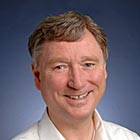
Ben Amick, PhD (Chair) Senior Scientist Director of Public Health 
Alexis Descatha, MD, PhD Professor and Head, Occupational Health Unit 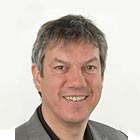
Allard van der Beek, PhD Professor of Occupational Epidemiology 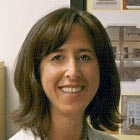
Alysha Myers, PhD, CPE Epidemiologist, Division of Surveillance, Hazard Evaluations and Field Studies 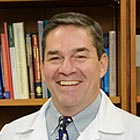
Bradley Evanoff, MD, MPH Professor, Internal Medicine 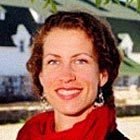
Catherine Trask, PhD Canada Research Chair in Ergonomics and Musculoskeletal Health 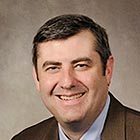
David Douphrate, PhD Assistant Professor of Epidemiology, Human Genetics and Environmental Sciences 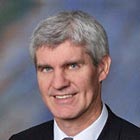
David Rempel, MD, MPH Professor of Occupational and Environmental Medicine/Ergonomics 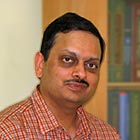
Deepak Sharan Owner and Medical Director 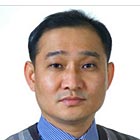
Dongmug Kang, MD, MPH, PhD Department of Preventive and Occupational Medicine 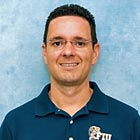
Edgar Ramos Vieira, PT, MSc, PhD Assistant Professor, Department of Physical Therapy 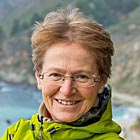
Eira Viikari-Juntura, MD Research Professor and Director, Disability Prevention Research Centre 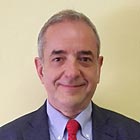 Francesco Violante Professor, Department of Medical and Surgical Sciences 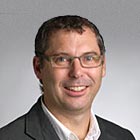
Jack Dennerlein Professor, Department of Physical Therapy, Movement & Rehabilitation Science 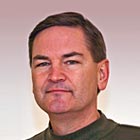
Jim Potvin, PhD Professor, Department of Kinesiology 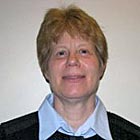
Judith Gold Centre for Musculoskeketal Research, Department of Occupational and Public Health Sciences 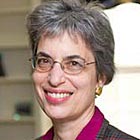
Laura Punnett, ScD Professor of Work Environment 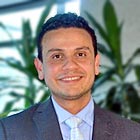
Lope H. Barrero, ScD Associate Professor, Department of Industrial Engineering 
Mats Hagberg, MD,PhD Professor, Department of Public Health and Community Medicine Chief physician, Dept of Occupational & Environmental Medicine 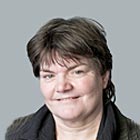
Monique Frings-Dresen, PhD Professor of Occupational Health and Medicine 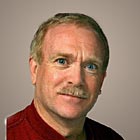
Richard Wells, PhD Professor of Kinesiology 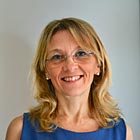
Roberta Bonfiglioli Associate Professor, Department of Medical and Surgical Sciences 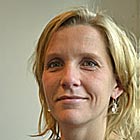
Sandra Brouwer, PhD Professor of Health Sciences 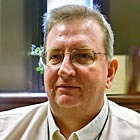
Stephen Hudock Manager, Musculoskeletal Disorders Health and Safety Cross-Sector 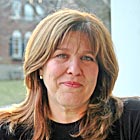
Susan Stock Head of the Scientific Group on Work-Related Musculoskeletal Disorders 
Thomas Behrens, MD, MPH Professor, Institute for Prevention and Occupational Medicine of the German Social Accident Insurance 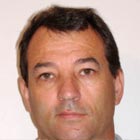
Yves Roquelaure, MD Laboratory of Ergonomics and Occupational Health PREMUS 2016 is being hosted by the Institute for Work & Health (IWH), an independent, not-for-profit research organization based in Toronto, Canada. IWH's mission is to promote, protect and improve the safety and health of working people by conducting actionable research that is valued by employers, workers and policy-makers. Now in its 25th year, the Institute has had a longstanding research focus on preventing musculoskeletal disorders. The Planning and Hosting Committee, based at the Institute, is responsible for:
The members of the Hosting Committee, all based at the Institute for Work & Health in Toronto, Canada, are: 
Ben Amick, PhD (Chair, International Scientific Committee) Senior Scientist 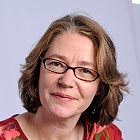
Emma Irvin (Co-Chair, Hosting Committee) Director of Research Operations 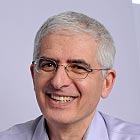
Ron Saunders (Co-Chair, Hosting Committee) Senior Scientist and Director of Knowledge Transfer and Exchange 
Siobhan Cardoso (Event Planner) Knowledge Translation Associate 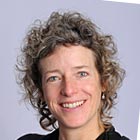
Sara Macdonald (Chair, Hospitality Subcommittee) Knowledge Translation Associate 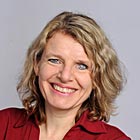
Cindy Moser (Chair, Communications Subcommittee) Communications Manager 
Jan Dvorak (PREMUS Website & Design Coordinator) Website & Design Coordinator 
Uyen Vu (PREMUS Media Relations) Communications Associate PREMUS 2016 takes place at the Allstream Centre in Toronto, Canada. Modern and ergonomic interior design, state-of-the-art technology and leading-edge environmental practices are all housed within a stunning and historic Art Deco Building. Situated on the shores of Lake Ontario at Exhibition Place, the Allstream Centre is just minutes away from Toronto’s bustling downtown core, as well as eclectic neighbourhoods to explore such as Liberty Village, Queen Street West, Parkdale, Little Italy and Ossington Avenue. Allstream offers on-site parking, and is easily accessible by highways, the city’s two major airports and public transit. The Allstream Centre is billed as Canada’s greenest conference centre—the first in the country targeting LEED Silver certification. Its turnkey green meeting spaces feature leading-edge technologies and practices such as:
PREMUS is held every three years. Past PREMUS conferences include:
|



